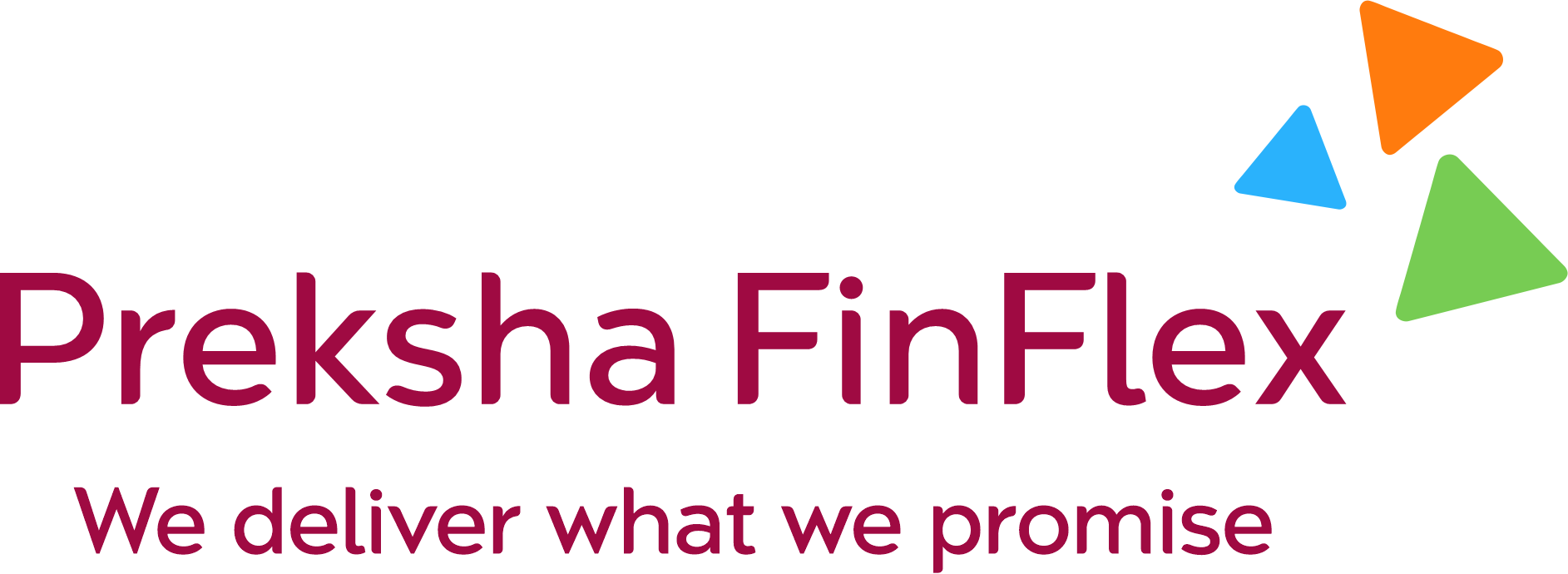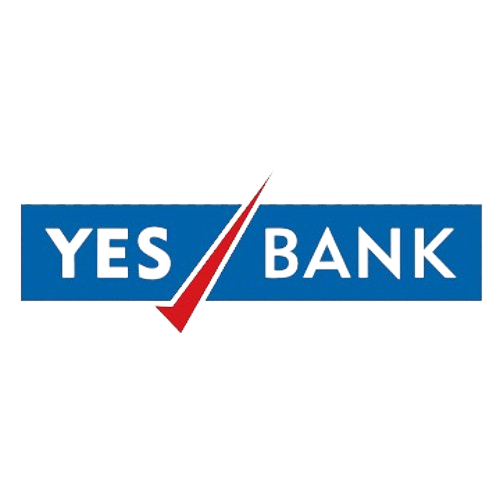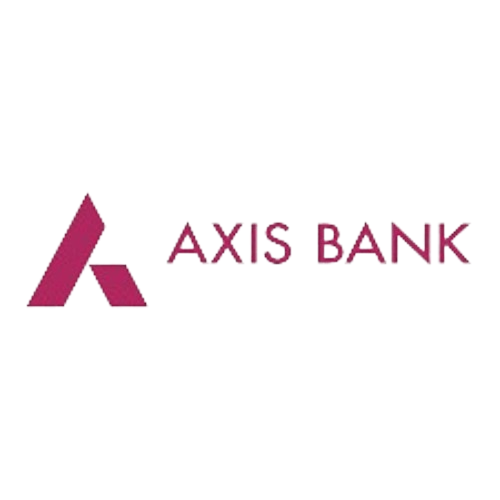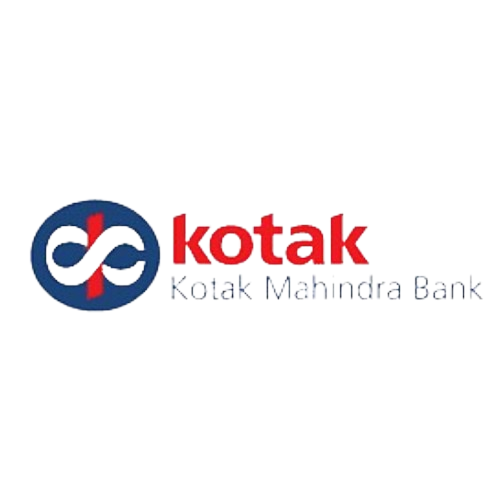Top up Loans
Top up Loans
A top-up on a secured loan is a financial feature that allows borrowers to increase the amount of an existing secured loan, subject to certain terms and conditions. This additional borrowing leverages the same collateral (security) that was used to secure the original loan, such as a home in the case of a mortgage or a vehicle for an auto loan. Top-ups are popular among borrowers seeking additional funds without taking out a new loan, as they usually offer a simpler and quicker process than applying for separate financing. Here are key aspects to consider regarding top-ups on secured loans:

Eligibility and Conditions
- Payment History: Borrowers with a good repayment track record on their existing loan are more likely to be approved for a top-up.
- Property Value: In the case of a mortgage, the value of the property against which the loan is secured plays a crucial role. An increase in property value may facilitate a larger top-up.
- Loan-to-Value Ratio: Lenders will reassess the loan-to-value (LTV) ratio to ensure it remains within acceptable limits after the top-up.
- Financial Stability: Lenders may require updated financial information to assess the borrower's current ability to repay the additional borrowing.
Benefits
- Lower Interest Rates: Since the top-up is secured against the same collateral as the original loan, it typically offers lower interest rates compared to unsecured loans or credit cards.
- Simplified Process: Borrowers can usually avoid the full loan application process, making it easier and faster to obtain additional funds.
- Flexibility: The additional funds can be used for a variety of purposes, including home renovations, education expenses, debt consolidation, or any other significant expenditure.
- Extended Repayment Period: Depending on the lender's policies, the repayment period of the top-up can be aligned with the existing loan term, potentially offering a more manageable repayment schedule.
Considerations
- Increased Debt Burden: Taking a top-up increases the overall amount owed, which can extend the debt repayment period and increase the total interest paid over the life of the loan.
- Risk of Default: Since the top-up is secured against collateral, failing to repay could result in the lender seizing the asset.
- Fees and Charges: There may be additional fees for processing the top-up, including application fees, legal fees, and valuation fees, depending on the lender and the type of secured loan.
- Interest Rate Impact: The interest rate for the top-up portion of the loan may differ from the original loan rate, potentially affecting the overall cost of borrowing.
+
Business Setup Growth
+
Business Problem Solving
+
Happy Customers
+
Years Of Experience





